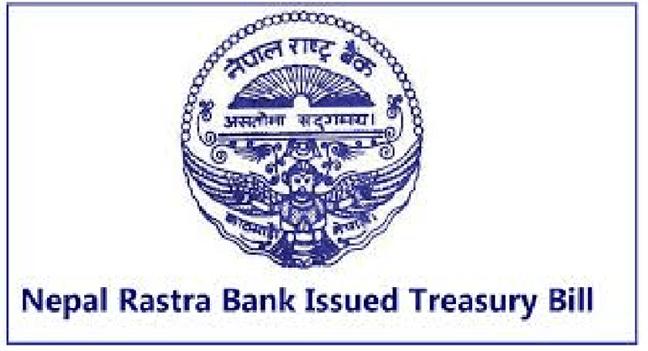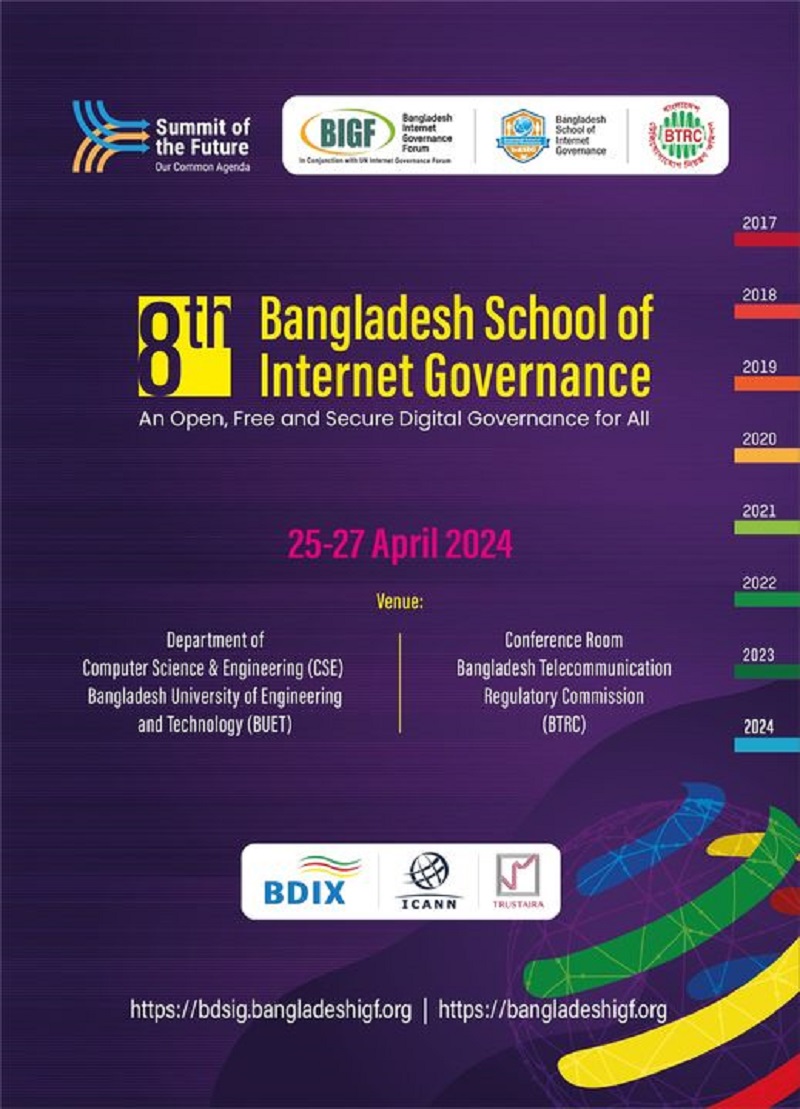27th February 2023, Kathmandu
A treasury bill is a financial instrument issued by Nepal Rastra Bank to collect short-term government funds. Nepal Rastra Bank has been doing both primary and secondary market work. With treasury bills lasting no more than one year.
Treasury bills, on the other hand, are short-term government bonds with maturities of one year or less that are used to raise domestic debt. Treasury Bills are classified into four types based on their duration: 28 days, 91 days, 182 days, and 364 days.
These bills are sold at a discount. This bond is available for purchase by both individuals and organizations. There is no fixed percentage rate of interest.
The Bolbol process of Nepal Rastra Bank is used to issue government bonds. The game is played using the online Bolakbol system.
The method to be used in the issuance of various bonds and Bolakbol is as follows.
(a)Treasury Bills are promissory notes issued by the government. Bolakbol employs the multi-bid method (American Auction System).
(b) Auctions are used to issue development bonds, and the single interest rate method (Dutch Auction System) is used.
(c) Citizen savings bonds and foreign employment savings bonds will be opened and closed. And issued on the Open Market Operation Committee’s specified date. The pertinent information is published in newspapers and on the bank’s website. The Government of Nepal determines the duration and fixed interest rate on these bonds.
Banks and financial institutions of categories A, B, and C, as well as non-bank financial institutions, organized organizations. And ordinary Nepalis can negotiate treasury bills approved by Nepal Rastra Bank. Non-competitive bids are given a minimum of 15% of the bid amount.
Similarly, When referring to something as non-competitive, only the amount of demand should be mentioned, not the price. Non-competitive bidders receive Treasury bills at the weighted average price determined by competitive bidders. Speaking from both the competitive and non-competitive sides in the same speech is not possible.
Applicants who have an account with Nepal Rastra Bank should keep the balance of the Earnest Money loan in this account. Unsuccessful bidders who do not have an account with this bank will be refunded in cash. Or transferred the Earnest Money deposit.
Furthermore, Treasury Bills are distributed gradually up to the call amount, with the organization that mentions the highest value in the bidding process receiving priority. The accounts of successful bidders who have an account with Nepal Rastra Bank. Those who do not have an account with this bank are reconciled by spending the treasury bill application account the next day after bidding, on the issue date.
Similarly, as proof, the successful bidder receives a certificate with specifics. Only the remaining amount is deposited after deducting the discount amount in the issuance of treasury bills. And the full amount (the certificate’s value) is paid on the specified date.
Furthermore, Open market trading refers to the act of the central bank buying and selling short-term government bonds in the open market to manage liquidity in the market and influence interest rates. When the central bank purchases bonds on the open market, banks, and financial institutions receive cash from the central bank, increasing the market’s supply of money and lowering interest rates. Similarly, when bonds are sold in the open market, banks and financial institutions’ excess liquidity is reduced, the market’s supply of money falls, and interest rates rise.
Overall, Treasury bills are an important instrument for the government to raise funds for its expenditures. And a low-risk investment option for investors in Nepal. However, as with any investment, investors need to understand the risks and rewards associated with investing in T-bills and consult with a financial advisor before making any investment decisions.











